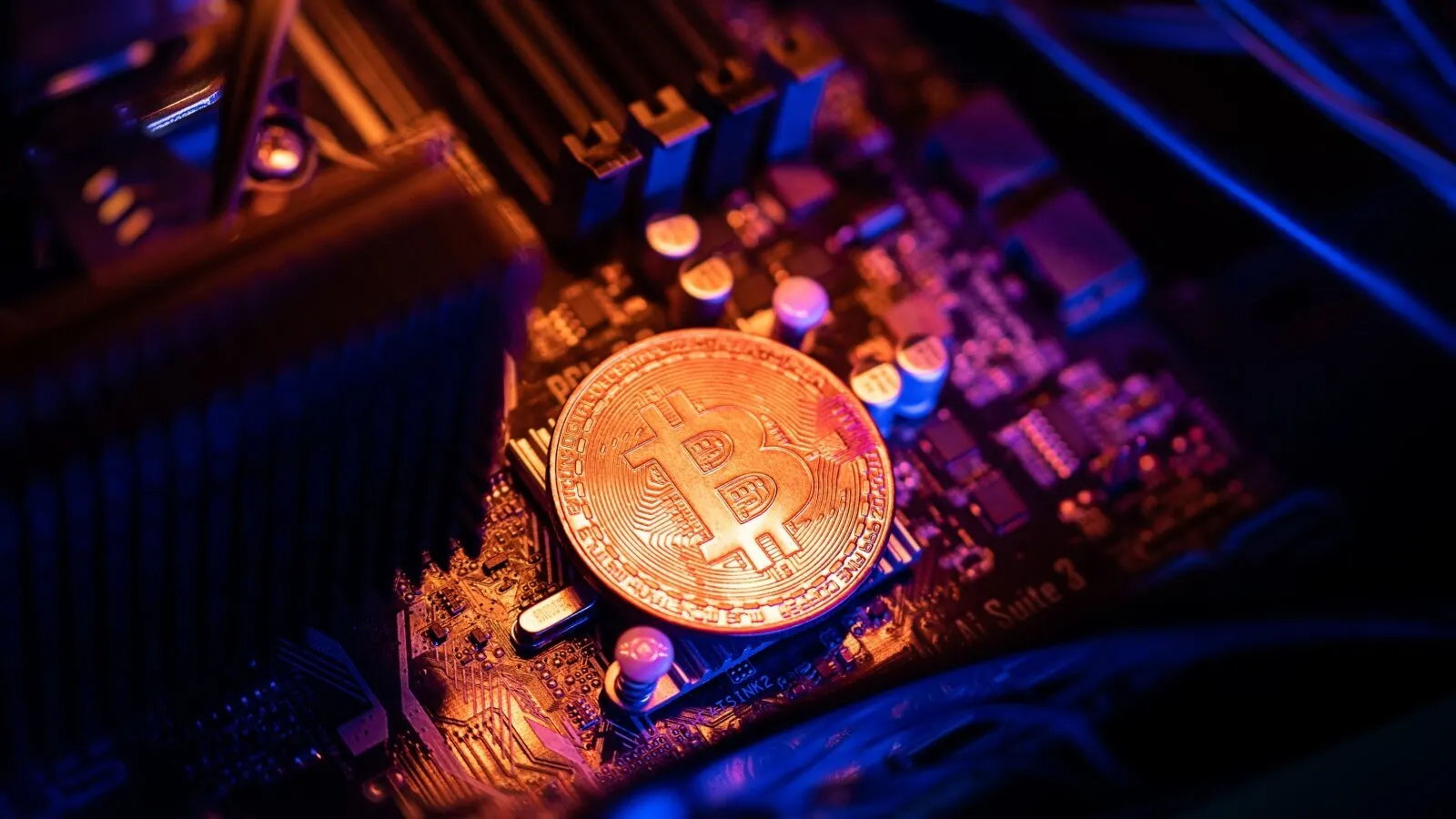In brief
- A proposal this week aimed to remove limits on how Bitcoin stores data, enabling the storage of larger non-financial content.
- Proponents argue that the limits are ineffective because users bypass them through alternative methods.
- Critics warn that this change may move Bitcoin beyond its original purpose as a digital currency.
Bitcoin developers are debating a proposal that could fundamentally change what the alpha crypto and network is used for, dividing the community between those who see it as necessary progress and others who fear it threatens Bitcoin's core purpose.
At issue is a technical change called "removing OP_RETURN limits."
If approved, it would allow people to store much larger amounts of non-financial data directly on the Bitcoin blockchain, for use in things like text and images.
The issue
Currently, Bitcoin limits this type of data storage to small 83-byte chunks (80 bytes of data plus 3 bytes for opcodes), roughly enough for a short message.
An opcode (operation code) is a basic instruction in Bitcoin's scripting language that tells it to do something.
By removing OP_RETURN limits, much larger data sets could be embedded in transactions, though still constrained by Bitcoin's transaction size limits of 100 kilobytes.
However, data-heavy transactions could compete with financial ones, which may drive up fees.
Changing the limits
Peter Todd, who last year denied rumors that he was Bitcoin creator Satoshi Nakamoto, proposed the change. The Bitcoin developer argues that people are already bypassing these limits through technical workarounds.
Bitcoin Core, the main open-source software that runs the Bitcoin network, shouldn't have to maintain "arbitrary limits" which are ostensibly "ineffective, and even harmful," Todd wrote in comments.
Responding to the idea, longtime Bitcoin Core contributor Jason Hughes opposed the change.
"Bitcoin Core developers are about to merge a change that turns Bitcoin into a worthless altcoin, and no one seems to care to do anything about it," Hughes tweeted.
"This is far more than a small technical change.” Hughes elaborated in the Bitcoin development mailing list. “This is a fundamental change to the nature of what the Bitcoin network itself is in its entirety."
While supportive of the change, Bitcoin Core developer Pieter Wuille acknowledged criticisms of the proposal.
"I'm not happy with seeing the demand for those transactions," he said. "But I also recognize the reality that that demand exists, and the alternative of pushing that demand to bypass the public network is far more damaging."
By late Tuesday evening, Todd and other Bitcoin Core developers had allegedly made a new pull request, doing so because they "couldn't take the community heat," Hughes claimed.
Still, supporters of the proposal see it as a step to turning Bitcoin into a programmable platform that supports broader use cases, beyond simple payments or value transfer.
Daily Debrief Newsletter
Start every day with the top news stories right now, plus original features, a podcast, videos and more.

